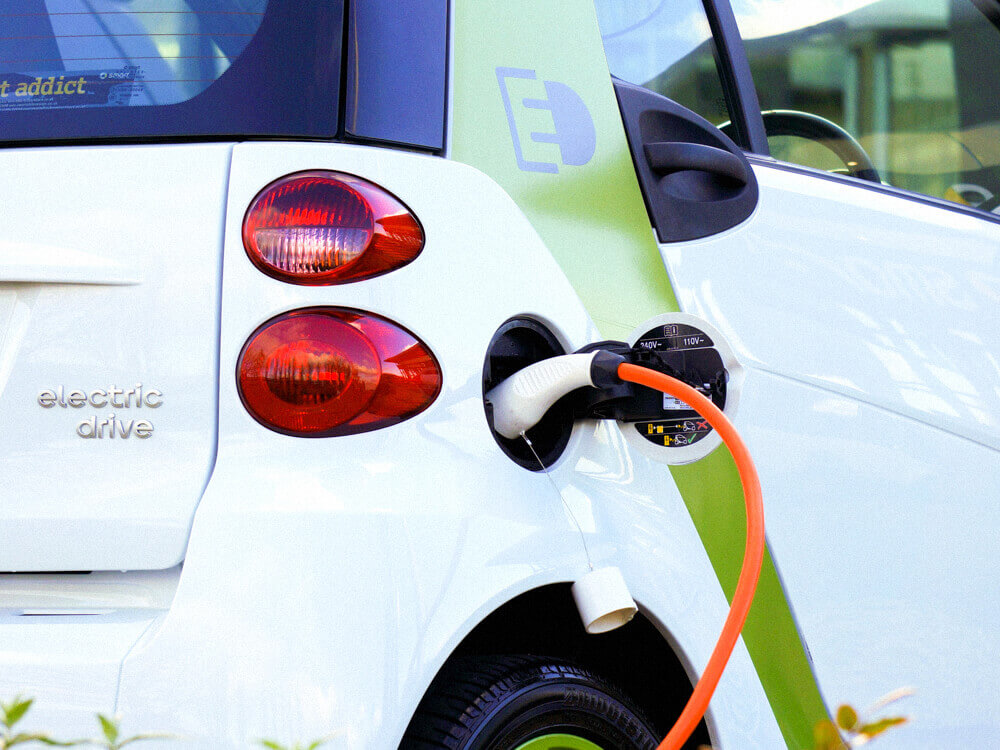Electric and hybrid vehicles are gradually dominating the roads in the ever-evolving automotive landscape. As the automotive industry continues to transition towards electric and hybrid technologies, auto mechanics must evolve in tandem to stay relevant.
One significant step in this direction is acquiring the Automotive Service Excellence (ASE) Light Duty Hybrid/Electric Vehicle (L3) Certification. The ASE L3 certification is a crucial addition to an auto mechanic’s repertoire, offering numerous advantages that can enhance your career trajectory. Moreover, achieving this certification has potential financial benefits, with certified mechanics earning significantly more than their uncertified counterparts.
What is ASE L3 Certification?
The ASE L3 Certification is a testament to an auto mechanic’s knowledge and proficiency in light-duty hybrid/electric vehicle systems. The certification covers all the essential aspects of hybrid/electric vehicle maintenance and repair, including the high-voltage system, battery system, drive system, power electronics, hybrid supporting systems, and diagnostic information.

Why Should an Auto Mechanic Get ASE L3 Certified?
- Increasing Demand for Hybrid/Electric Vehicle Experts: With a surge in the popularity of electric and hybrid vehicles, there’s a growing need for skilled technicians capable of servicing these advanced machines. Obtaining an ASE L3 Certification allows mechanics to meet this demand and capitalize on emerging auto-repair industry opportunities.
- Greater Job Opportunities: Mechanics with ASE L3 Certification are seen as the gold standard in the hybrid/electric vehicle servicing industry. This qualification sets them apart from other mechanics and makes them more desirable to prospective employers, significantly enhancing their employment prospects.
- Continuous Learning and Adaptation: By studying for the ASE L3 Certification, mechanics keep up-to-date with the latest technology and practices in the electric/hybrid vehicle sector. It equips them with the necessary skills to tackle the unique challenges posed by these advanced vehicles, ensuring they can provide quality service to their customers.
- Increased Customer Trust: Customers tend to trust mechanics who have proven their knowledge through certifications. Having an ASE L3 Certification is a signal to your customers that you are proficient in handling and servicing their hybrid or electric vehicles. This can lead to increased customer satisfaction, repeat business, and word-of-mouth referrals.
Average Pay for ASE L3 Certified Mechanics
As of September 2021, an ASE-certified mechanic could earn an average salary between $45,000 to $65,000 per year, depending on the location, level of experience, and specialization. However, those who acquired advanced certifications such as the L3 often saw a significant increase in their income, with top earners making over $100,000 annually.
Considering the growing prominence of hybrid and electric vehicles, and the specialized knowledge required to service them, it’s reasonable to expect that mechanics with an L3 Certification could command salaries at the higher end of this scale. However, for the most up-to-date salary data, you may want to refer to resources like the Bureau of Labor Statistics or job sites like Indeed or Glassdoor.
An ASE L3 Certification offers auto mechanics a competitive edge in the job market, caters to the growing demand for hybrid/electric vehicle expertise, and potentially boosts earning potential. As the automotive industry continues to evolve towards sustainable transportation, mechanics who stay ahead of the curve by embracing new technologies will undoubtedly reap the rewards.
By investing in ASE L3 Certification, you’re not just securing your place in the industry today but preparing for a successful future in the automotive world.

